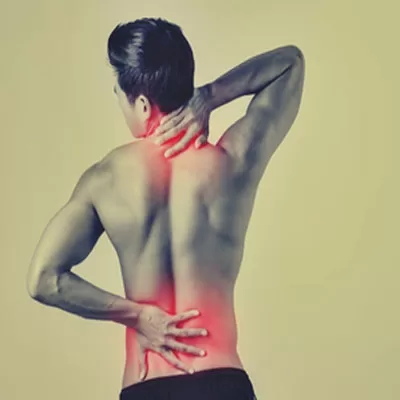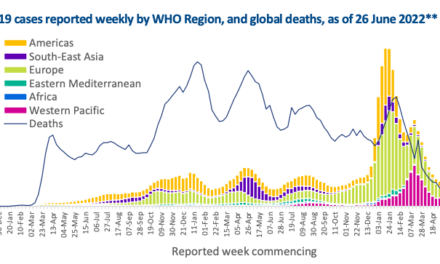Chronic low back pain, a leading cause of disability globally, often proves resistant to treatment, with many relying on medications or surgeries that fail to provide lasting relief. However, new research from the University of Sydney’s Center for Rural Health suggests a possible breakthrough: integrating lifestyle changes into back pain management can significantly reduce disability and improve quality of life.
The study, published in JAMA Network Open, included 346 participants from across Australia, all of whom were dealing with chronic low back pain and at least one lifestyle risk factor, such as obesity, poor diet, sedentary habits, smoking, or excessive alcohol use. Participants were divided into two groups: one received the “Healthy Lifestyle Program (HeLP),” and the other was provided with standard physiotherapy care according to established guidelines.
The HeLP participants were supported by physiotherapists, dietitians, and telephone health coaches. Over six months, they received personalized advice targeting lifestyle factors such as weight, sleep, activity levels, and substance use. This multifaceted approach showed promising results, including a significant reduction in disability, with HeLP participants scoring 1.3 points lower on the Roland Morris Disability Questionnaire (a higher score indicating greater disability). Additionally, those in the HeLP group lost an average of 1.6 kg more than the control group.
Chief Investigator Associate Professor Chris Williams explained that the study challenges conventional approaches to back pain management. “When treating back pain, we must look beyond the spine itself,” he said. “Our bodies are complex systems where multiple factors interact to determine our health. Back pain is no different.”
Williams emphasized that chronic back pain should be treated holistically. “We need to consider a person’s overall health, not just focus on their spine. Too many people are pushed toward ineffective treatments like medications or surgeries, which may even cause harm. This study shows that a more comprehensive approach, addressing lifestyle factors, can be far more beneficial.”
The study also highlighted the fact that many patients with long-term back pain feel neglected, often sent for costly treatments that don’t provide relief. Dr. Emma Mudd, the lead author and Senior Research Officer at the University of Sydney, said the program’s real-world impact could empower patients to take control of their health.
“Patients with chronic back pain often feel abandoned by the healthcare system,” Dr. Mudd explained. “By focusing on simple lifestyle changes, patients feel supported and empowered to manage their pain themselves. Not only does this improve symptoms, but it also enhances their overall well-being.”
The research suggests that lifestyle-integrated care could be a game-changer in treating not only back pain but also preventing other chronic diseases. Dr. Mudd hopes that this study will influence future updates to global back pain treatment guidelines. “Patients need a holistic approach to care, and the results speak for themselves,” she added.
With growing evidence supporting the benefits of lifestyle changes in back pain management, the researchers urge clinicians to consider how lifestyle support can be integrated into their daily care. Associate Professor Williams concluded, “The key is listening to the patient, making them part of the decision-making process, and supporting them to make meaningful lifestyle changes.”
The findings open a new chapter in back pain management, highlighting the potential for a more comprehensive and empowering approach to treating one of the world’s most common and debilitating conditions.
For more details, refer to the original study: Emma Mudd et al, Healthy Lifestyle Care vs Guideline-Based Care for Low Back Pain, JAMA Network Open (2025). DOI: 10.1001/jamanetworkopen.2024.53807.












